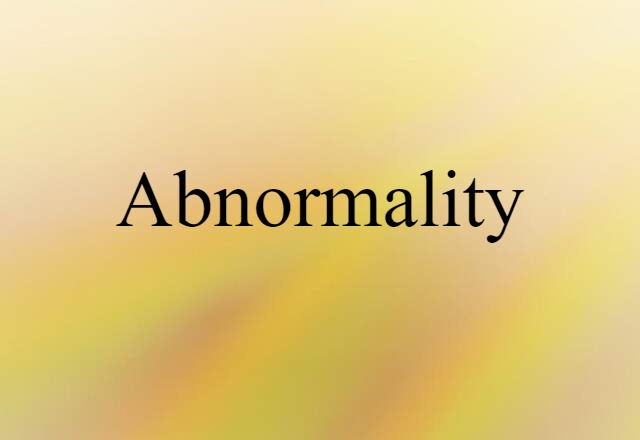- to regard or judge with forgiveness or indulgence; pardon or forgive; overlook (a fault, error, etc.): Excuse his bad manners.
- to offer an apology for; seek to remove the blame of: He excused his absence by saying that he was ill.
- to serve as an apology or justification for; justify: Ignorance of the law excuses no one.
- to release from an obligation or duty: to be excused from jury duty.
- to seek or obtain exemption or release for (oneself): to excuse oneself from a meeting.
- to refrain from exacting; remit; dispense with: to excuse a debt.
- to allow (someone) to leave: If you'll excuse me, I have to make a telephone call.
- an explanation offered as a reason for being excused; a plea offered in extenuation of a fault or for release from an obligation, promise, etc.: His excuse for being late was unacceptable.
- a ground or reason for excusing or being excused: Ignorance is no excuse.
- the act of excusing someone or something.
- a pretext or subterfuge: He uses his poor health as an excuse for evading all responsibility.
- an inferior or inadequate specimen of something specified: That coward is barely an excuse for a man. Her latest effort is a poor excuse for a novel.
- (used as a polite expression, as when addressing a stranger, when interrupting or disagreeing with someone, or to request repetition of what has just been said.)
- to pardon or forgive
- to seek pardon or exemption for (a person, esp oneself)
- to make allowances for; judge leniently
- to serve as an apology or explanation for; vindicate or justify
- to exempt from a task, obligation, etc
- to dismiss or allow to leave
- to seek permission for (someone, esp oneself) to leave
- to go to the lavatory
- an expression used to catch someone's attention or to apologize for an interruption, disagreement, or social indiscretion
- an explanation offered in defence of some fault or offensive behaviour or as a reason for not fulfilling an obligation, etc
- an inferior example of something specified; makeshift; substitute
- the act of excusing
















